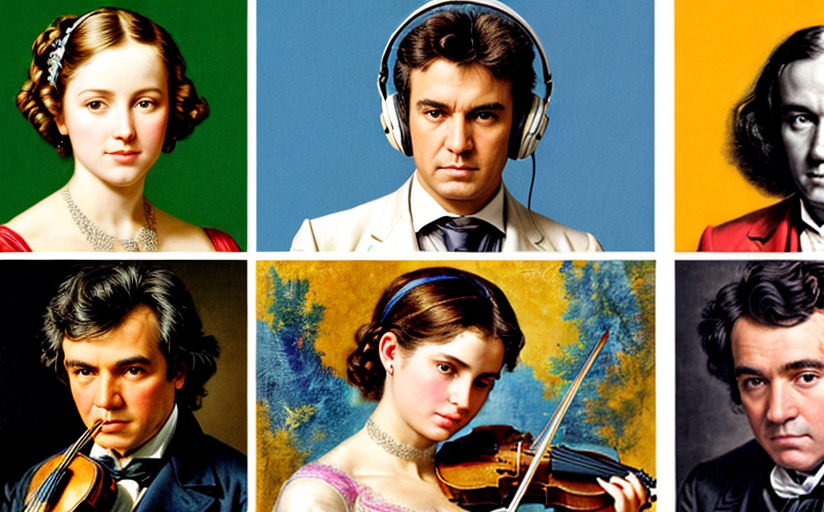The Influence of Classical Music on Modern Pop Culture
Music is a universal language that transcends boundaries and distances. Among various genres, classical music stands as a profound predecessor that continues to impact contemporary pop culture. Its influence permeates the industry far more incisively than one might initially anticipate.
Integrating Classical Elements into the Contemporary Soundscape
An exploration of the modern pop soundscape reveals the discreet convenience of classical music elements. From orchestral samples to dramatic symphonic structures, pieces of classical music have been integrated into pop culture with noticeable variation and stunning effects.
Major Classical Composers Influencing Today's Music
Icons of the classical era, such as Ludwig van Beethoven, Wolfgang Amadeus Mozart, and Johann Sebastian Bach, provided musical pieces that serve as templates for today's pop music. The influence of these classical composers can be seen in the structural development of pop songs, maintaining a consistent pattern of theme, variation, development, and recapitulation, usually expressed in the verse-chorus format.
Pop Artists Drawing Inspiration from Classical Music
Several contemporary artists sample or draw inspiration from classical music in their work. Billy Joel, for instance, released an album, Fantasies & Delusions, consisting entirely of classical compositions. Another prominent example is the Beatles, who used a string quartet in their song Eleanor Rigby, effectively fusing pop and classical genres. Lady Gaga, too, has often incorporated classical elements into her work, notably in her album ARTPOP.
The Impact of Blending Styles on Pop Music and Society
Blending classical music with pop has significantly impacted both the music industry and its listeners. It has challenged the traditional boundaries of genre and influenced the listeners' perception of music. The incorporation of classical elements enriches pop music, offering listeners a deeper and more complex musical experience. This fusion has also affected the general culture surrounding music, breaking stereotypes and fostering a greater appreciation for music's historical basis.
Conclusion
The subtle influence of classical music continues to underpin contemporary pop culture, significantly shaping the landscape of modern music. It is a testament to the enduring power of classical music—the echoes of centuries-old compositions resonating through the airwaves of today.


















Comments
Leave a Comment